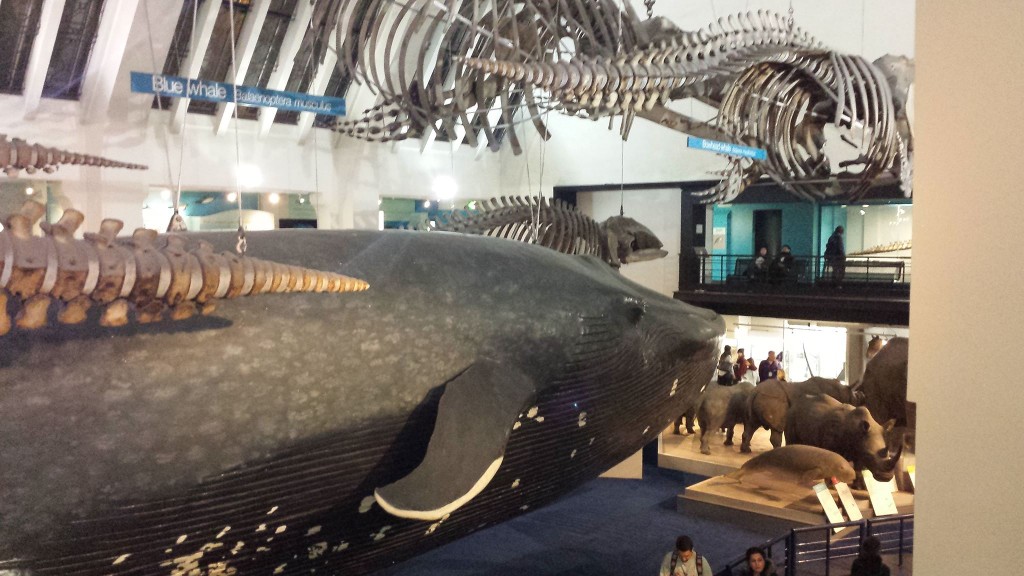For all of us on the MRes Wildlife Conservation team, January has been a bit of a blur; it has definitely been a case of hitting the ground running after the Christmas break, with several assessments due over the course of a few weeks.
The first of these were our individual presentations, based on the wide range of topics that were covered throughout the taught part of the course, including: managing invasive species and conservation translocations, as well as the slightly controversial topic of de-extinction (now to be included in the University’s undergraduate syllabus because of Kezia’s excellent introduction). These were quickly followed by our equipment competency tests (the next day!), which allowed us to show our understanding of the different pieces of equipment that we have been using around the zoo since October, weather permitting!
Next up was a grant proposal for the statistics module which required the use of the statistical programme, R, a useful but tricky piece of software to get to grips with. While this module has definitely improved both our statistical skills and knowledge of using R, this assignment certainly led to a few late nights for most of us!
Three assignments down and with just two to go, we had the group presentations. These focussed on evaluating the different survey techniques, such as camera trapping and distance sampling, which we had carried out on the Kenyan field course. We really enjoyed looking back on our trip, and it was great to evaluate the methods we used, particularly in preparation for planning our individual research projects.
Last but not least was the written exam for the ‘Principles and Disciplines’ module, covering everything we have learnt in the past 4 months, and as always, the less said about exams the better! Exam over, we headed out for lunch and a much needed break, with all talk of exams and assessments banned! Instead we used the time to talk about Kenya and the amazing opportunities that have been offered to us so far on this course, both at the University and externally.
We have regularly attended the University’s weekly Conservation Club, a great place to talk about current papers and topics. Here, we also took the opportunity to present our Kenya field work to the department, putting our presentation skills into practice. It was nice to be able to share the amazing time we had had with others, although this was a bit more relaxed than our group presentations had been! We also recently attended a workshop organised by the Biological Sciences Postgraduate Society, entitled “Publishing without Perishing”, by the editor of Nature Plants, which we hope will help to steer us in the right direction as we work towards publishing our research at the end of the year.
Back in December, we attended the Association for the Study of Animal Behaviour (ASAB) conference held at the Zoological Society of London. Here we were able to view and listen to work from many important institutions and speakers in the field, as well as undertake some networking. Of course, we took the opportunity to have a look around the zoo, as well as popping to South Kensington for a pilgrimage to the Natural History Museum.
A few of us also made it to Bristol Zoo’s “Saving Wildlife Together: Conflict, Co-existence and Conservation” conference, which was another rewarding experience. The talks of the day ranged from successful results of community Calendula gardening across the city, to captivating talks on education and the role of zoos in engaging local conservation, and we finished with a talk about the Cheetah Conservation Fund in Namibia by the very motivating Dr Laurie Marker.
Currently everyone is busy planning their independent research projects, which we’re all really looking forward to getting stuck into. These should be well underway by our next post, with some of us flying out to our research areas next month! Those of us not going to Africa will still have plenty to do, with extra activities for us around Marwell (including behavioural studies of big cats, following on from last year’s work with Bagai, the male Amur tiger Panthera tigris altaica), which we are very excited about.
We know the next 6 months are going to be tough, but this is why we selected this course!
Posted By : dvf1e13
